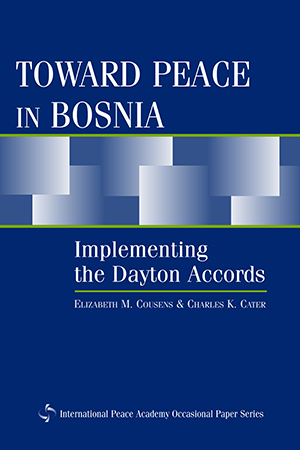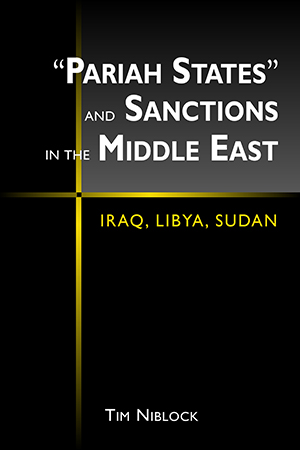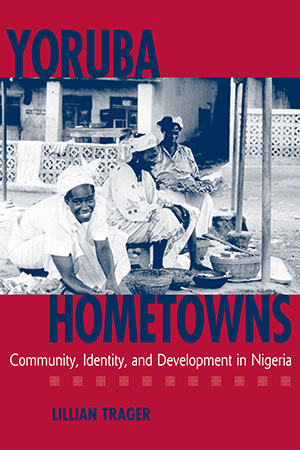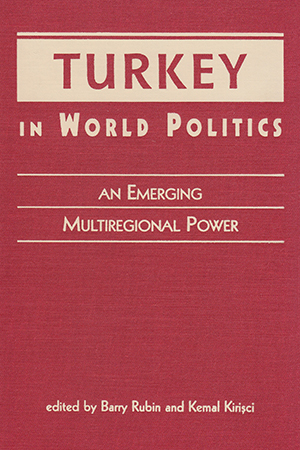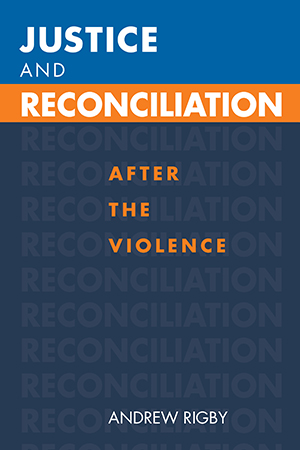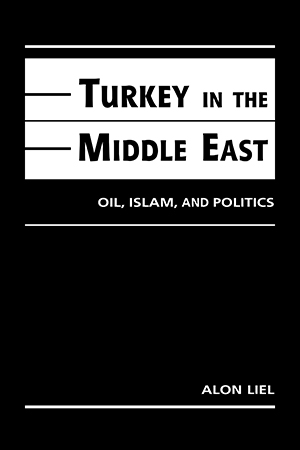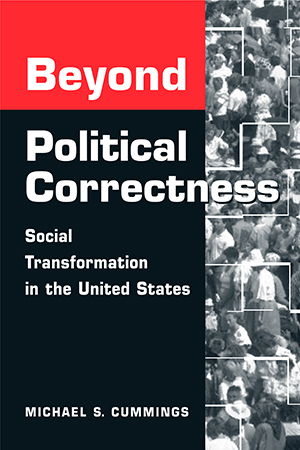BOOKS
At the outset of a new round of World Trade Organization talks, agricultural issues remain bitterly contested. In this volume, international experts provide fresh insights on topics that More >
When the Dayton peace agreement was signed in 1995, there were expectations among the signatories, the Bosnian population, and the international community alike that the pact would not only More >
Thoroughly examining the deliberations over NATO enlargement in twelve countries—five current members of the alliance; three invited to join in the first round of enlargement; two More >
Now Available in Paperback! UN sanctions have become an increasingly popular weapon in the political armory of the international community—a supposedly effective means, short of war, More >
The pattern of migrants maintaining strong ties with their home communities is particularly common in sub-Saharan Africa, where it has important social, cultural, political, and economic More >
Once characterized by an avoidance of foreign entanglements, Turkey's diplomacy has changed dramatically in the present era of regional agreements and organizations. Tracing the More >
What drives cities to pursue large-scale, high-profile events like the Olympic games? What are the consequences for citizens and local governments? Investigating local politics in three U.S. More >
How do societies that have been wracked by violent conflict reconcile themselves to their recent history—and lay the foundations for a peaceful, stable future? How do they deal with More >
At the turn of the century, modern Turkey remains torn between the secular heritage of its founder, Kemal Ataturk, and the political and social trends that challenge that legacy. Alon Liel More >
Why does the right dominate debates on crime, family values, and economic freedom? Why does the left defend divisive aspects of affirmative action, while equivocating on questions of ecology More >




